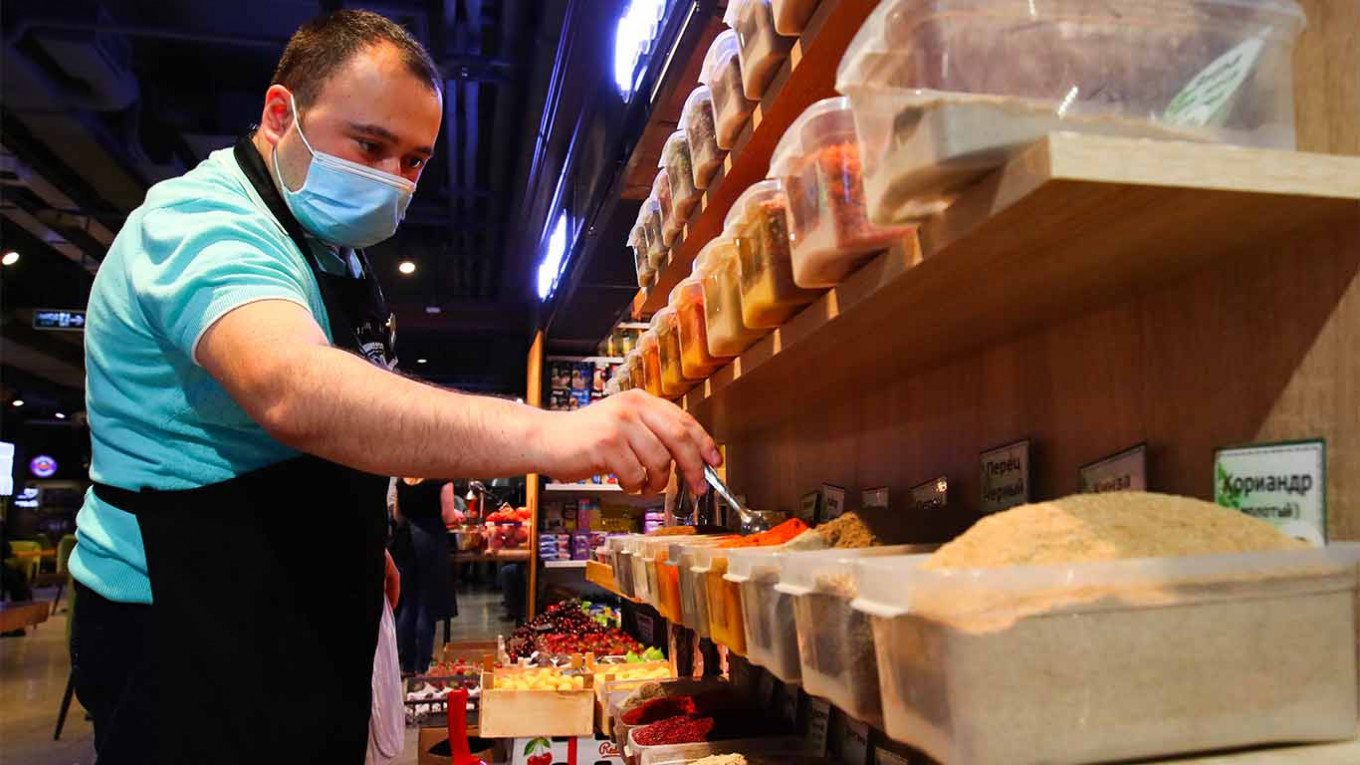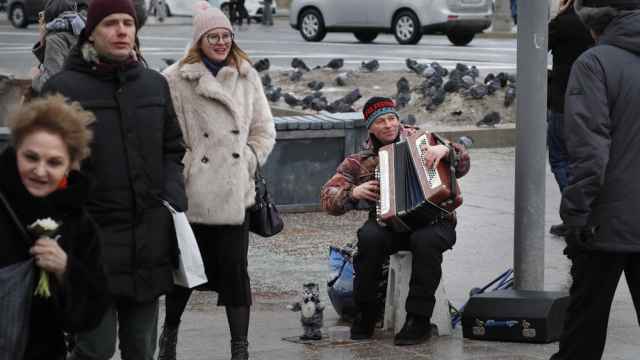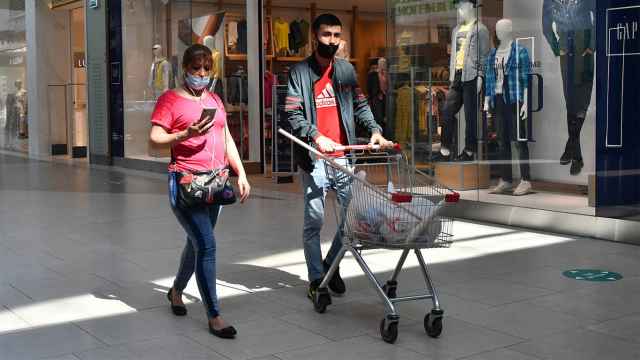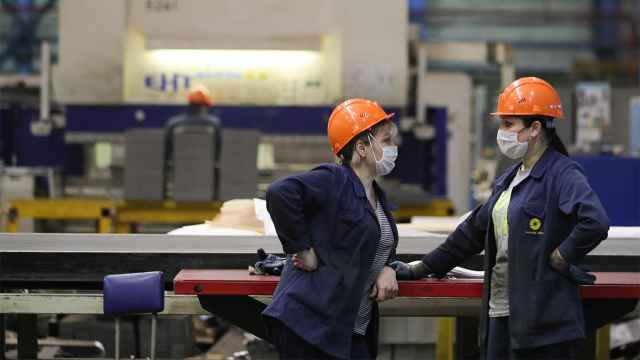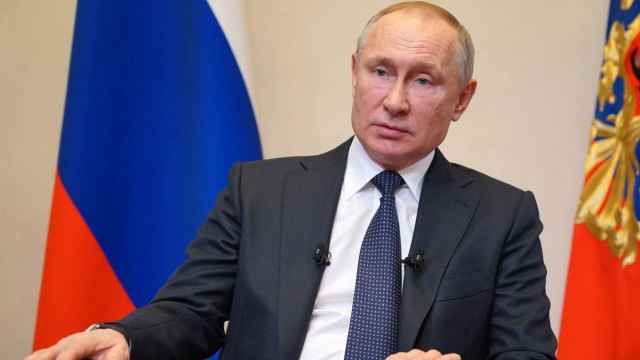Russians’ earnings from business activity crashed to their lowest level this century during the second quarter as the coronavirus pandemic battered the country’s small and medium-sized businesses.
Data from Russia’s federal statistics service Rosstat showed that just 3.5% of all household income came from so-called ‘entrepreneurial activity,’ a classification which covers money earned by small business owners as well as some rental income and other royalties. The share of such earnings in the overall income mix was down from 5.9% in the first quarter of the year, setting a new record for the lowest level ever seen since data started being published in 2000, news site RBC reported.
The fall amounts to a 300 billion ruble ($4 billion) hit to Russia’s entrepreneurs and business owners, who are still reeling from the pandemic and have frequently complained about insufficient support from the Kremlin.
The pandemic has accelerated a long-term decline in business earnings, which contributed as much as one in every seven rubles earned by Russians at the start of the century.
Meanwhile, welfare payments reached their highest ever share of income during the quarter, jumping to 21.8%, as the Kremlin dished out bonus payments to medical staff and special payments to families with young children at the height of the pandemic.
More than 40% of Russians say their income has fallen since the start of the coronavirus outbreak. As the government exerted heavy pressure on firms not to fire staff, using both threats of increased labor inspections and incentives such as cheap loans which can be written off if businesses maintain their headcount at 90% of pre-crisis levels, companies have largely resisted mass layoffs and instead cut back staff hours, wages and bonus payments.
A Message from The Moscow Times:
Dear readers,
We are facing unprecedented challenges. Russia's Prosecutor General's Office has designated The Moscow Times as an "undesirable" organization, criminalizing our work and putting our staff at risk of prosecution. This follows our earlier unjust labeling as a "foreign agent."
These actions are direct attempts to silence independent journalism in Russia. The authorities claim our work "discredits the decisions of the Russian leadership." We see things differently: we strive to provide accurate, unbiased reporting on Russia.
We, the journalists of The Moscow Times, refuse to be silenced. But to continue our work, we need your help.
Your support, no matter how small, makes a world of difference. If you can, please support us monthly starting from just $2. It's quick to set up, and every contribution makes a significant impact.
By supporting The Moscow Times, you're defending open, independent journalism in the face of repression. Thank you for standing with us.
Remind me later.


